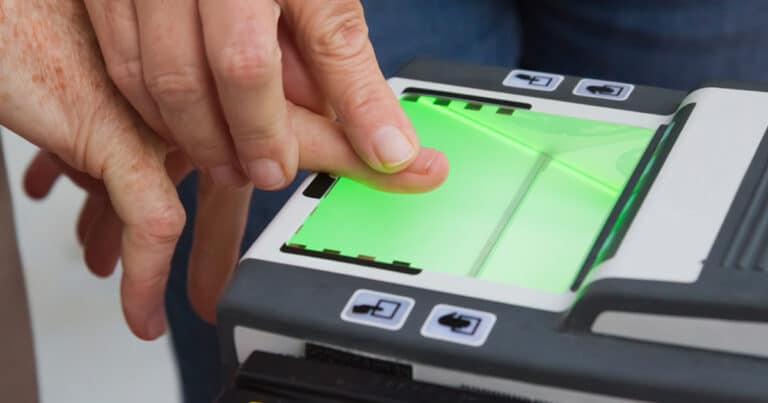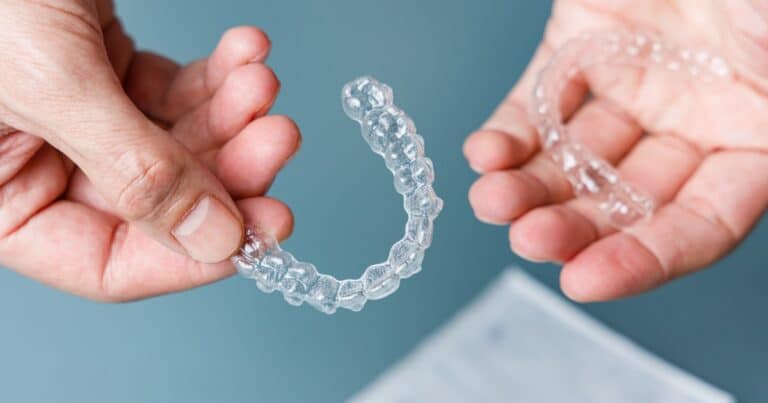Home / Practice / Practice Support / Regulatory Compliance
Regulatory Compliance
Keep ahead of the compliance process with our customizable Regulatory Compliance Manual. Plus, learn about CURES and opioid pain management, review upcoming regulation deadlines and check your practice’s compliance.
Regulatory Compliance
Top Resources
Q&A on state and federal DEA requirements for prescribing, dispensing and administering controlled substances and non-controlled substances. Includes prescription form requirements.
A summary of state required employee training that employers are required to provide and related requirements. Does not include training required for licensure or license renewal.
This sample addendum to the injury and illness prevention plan has been updated for consistency with the Cal/OSHA nonemergency COVID-19 prevention regulation effective in 2023
Regulatory Compliance Manual
This manual provides sample written plans and forms to assist a dental practice in Cal/OSHA compliance. It also has information on waste management.
CURES and Opioid Pain Management
CDA continues to promote best practices and compliance with state and federal laws regarding opioid pain management.
Resource Library
Access an online library of downloadable articles, guides, templates, checklists and forms.
Regulatory Compliance News
Before renewing license, some California dentists must submit fingerprint to dental board
California-licensed dentists who do not have a fingerprint on record in the dental board’s section of the Department of Consumer...
February 21, 2024 Regulatory ComplianceAbyde’s HIPAA eBook defines HIPAA and why it matters in the dental practice
Navigating the complexities of HIPAA compliance can be overwhelming, especially when you have numerous pressing concerns in your daily practice....
February 20, 2024 Privacy/HIPAASmileDirectClub abruptly closing global operations, abandoning customers mid-treatment
In the aftermath of SmileDirectClub’s abrupt closure in early December, dentists may experience an uptick in patients needing orthodontic treatment. CDA has created FAQ to help members manage anticipated questions and concerns from past SmileDirectClub customers.
December 14, 2023 Patient Care


